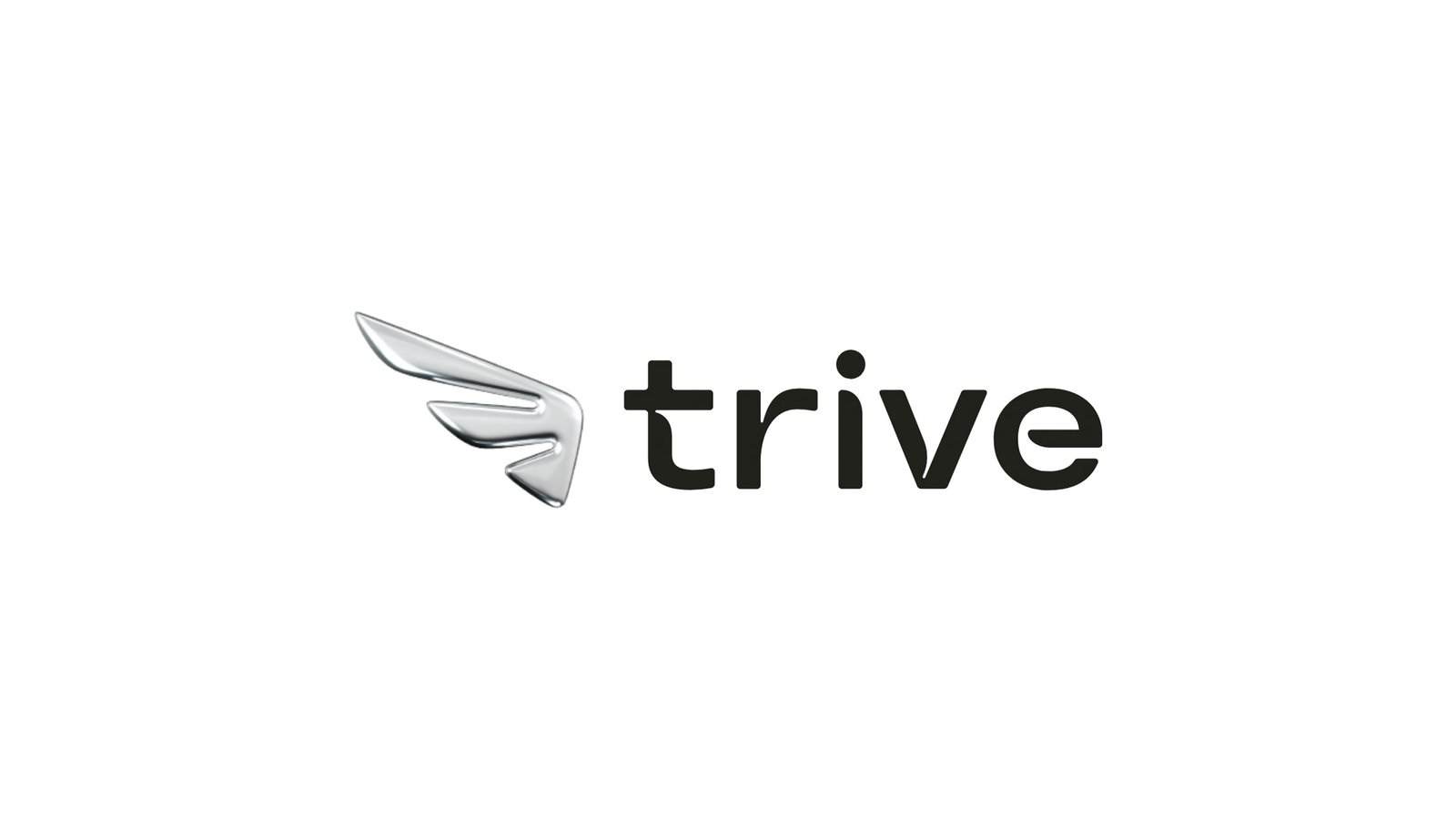Physical Address
304 North Cardinal St.
Dorchester Center, MA 02124
Physical Address
304 North Cardinal St.
Dorchester Center, MA 02124

The global online trading industry is booming, with new brokers entering the market every year. Among the newer names that have been making the rounds is Trive CFD Broker. While the platform presents itself as modern, user-friendly, and global, many questions remain unanswered about its credibility, especially for traders in Asia.
In this review, we’ll take a closer look at Trive, focusing on its regulatory status, presence (or lack thereof) in Asia, potential risks, and safer alternatives for traders.
Trive positions itself as an innovative CFD broker that provides access to a wide range of trading instruments, including forex, indices, commodities, and equities. Its website features a sleek interface, educational materials, and bold claims about being a trusted global broker.
However, the trading world is full of brokers that look impressive on the surface but fail to deliver when it comes to regulation, transparency, and trader protection. And unfortunately, this seems to be the case with Trive.
Before we dive deeper into Trive, it’s important to understand why regulation matters.
With this context in mind, the first thing traders should always check before signing up with a broker is where it is licensed.
One of the biggest red flags surrounding Trive is its lack of licensing in Asia.
Without these licenses, Trive cannot legally operate as a regulated broker in Asia. Traders in the region who open accounts with Trive are essentially dealing with an offshore entity that has no oversight from their local financial authorities.
This exposes them to unnecessary risks, including potential fraud, lack of dispute resolution, and absence of compensation schemes.
Apart from regulation, another critical issue with Trive is that it has no offices, representatives, or real presence in Asia.
For traders, this means that if something goes wrong—whether it’s a withdrawal problem or a dispute over trades—they have no local office to contact, no regulator to file a complaint with, and no safety net.
This lack of presence directly undermines trust, especially in a region like Asia, where traders are increasingly aware of the importance of regulation.
Choosing the wrong broker can be a costly mistake. Based on Trive’s current setup, here are the key risks that traders should be aware of:
Unlicensed brokers often delay or block withdrawals. Traders in Asia who attempt to withdraw profits from Trive may face long waiting times, hidden fees, or outright rejection.
Since Trive does not operate under a recognized Asian license, there is no obligation for it to be transparent about its fees, spreads, or execution methods. This could lead to slippage, hidden charges, and unfair trading practices.
If a dispute arises, traders cannot seek help from their local regulator. This leaves them powerless in situations where funds are frozen or accounts are suddenly closed.
Many offshore brokers use slick marketing campaigns to attract traders. Trive’s branding may look appealing, but without regulation and accountability, marketing claims mean very little.
To highlight the gap, let’s compare Trive with properly licensed brokers in Asia:
These brokers not only hold international licenses but also provide local services tailored to Asian traders. Trive, in contrast, offers none of these protections.
The CFD trading market in Asia is growing rapidly, particularly in:
Yet, despite this booming demand, Trive has not secured any licenses or presence in these regions. This leaves Asian traders exposed to higher risks than those trading with regulated brokers.
For example:
Essentially, Asian traders are treated as an afterthought by Trive, despite being a key market for CFD trading.
If you are based in Asia and are looking for a CFD broker, there are safer and more transparent options available. Always prioritize brokers that are:
By choosing a licensed broker, traders gain better fund protection, fairer pricing, and more legal safeguards.
While Trive presents itself as a modern CFD broker, the lack of licensing and presence in Asia cannot be ignored. For traders in Singapore, Malaysia, Vietnam, Indonesia, and the Philippines, this broker poses significant risks.
Without regulatory backing, traders face:
For these reasons, Asian traders should be very cautious before opening an account with Trive.
If you want to explore more reviews of CFD and forex brokers—including those flagged for suspicious practices—check out Scam Brokers Review.
The site provides:
By staying informed, traders can protect their investments and avoid falling victim to unregulated brokers like Trive.
Trive CFD Broker may appear professional, but for traders in Asia, it is far from safe. With no license, no office, and no accountability, Trive operates in a regulatory gray area that puts client funds at risk.
If you’re considering CFD trading in Asia, avoid unlicensed brokers like Trive and instead choose a regulated, transparent, and trustworthy broker.
👉 Stay updated and protect yourself by reading more broker reviews at Scam Brokers Review.